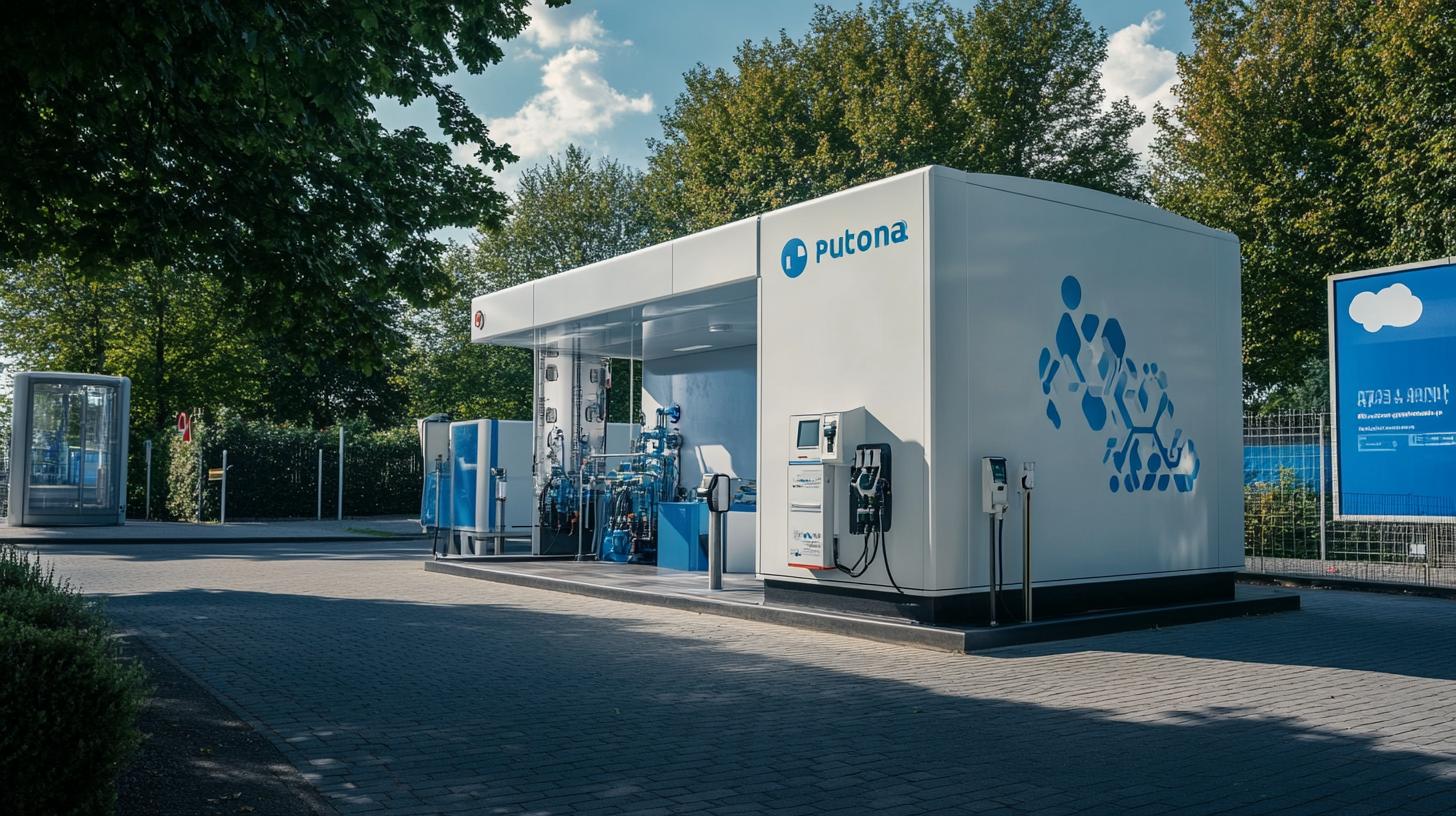In a groundbreaking move, Germany has set its sights on transforming Hamburg into the nation’s leading hydrogen hub. This strategic development comes as the government integrates Hamburg’s hydrogen pipelines into the national core network, a significant step that underscores the city’s key role in the future of sustainable energy.
This initiative marks a pivotal moment in Germany’s quest for a cleaner energy landscape. The hydrogen network, slated to be operational by late 2027, aims to channel hydrogen produced in Hamburg across the country, bridging the gap between production, import, and consumption.
The ambitious strategy aligns with the larger national hydrogen strategy, which envisions a robust and efficient infrastructure capable of sustaining Germany’s growing hydrogen economy. By capitalizing on Hamburg’s unique position, the government seeks to ensure that the city not only produces hydrogen locally but also imports it through international terminals, thus fostering a comprehensive supply chain.
Environmental authorities emphasize Hamburg’s supra-regional significance, pointing out that the network serves as a crucial connector for the emerging hydrogen economy. This integration allows for enhanced cooperation between different regions and sectors, paving the way for wider industrial application of hydrogen.
Economic leaders are equally excited about the prospects. They view Hamburg as poised to leverage its strategically advantageous position to become the nexus of hydrogen activities in Germany, driving economic growth and innovation.
The amended Energy Industry Act (EnWG), which facilitates this initiative, reinforces the objective of establishing a nationwide hydrogen infrastructure, linking key production and import sites like Hamburg with consumers, thereby amplifying the city’s role in orchestrating Germany’s energy transformation.
The Hidden Impacts of Germany’s Hydrogen Hub: What They Don’t Tell You
Germany’s initiative to establish Hamburg as its leading hydrogen hub is poised to revolutionize the nation’s energy landscape. However, beneath the headlines, there are several lesser-known effects that this transformation will have on people, communities, and international relations. These nuances offer a richer understanding of the potential impact this change will have on various facets of society.
Community and Employment Transformation
A development of this magnitude is more than just a technological milestone; it signifies a profound community transformation. But what does this mean for the local population? Job creation is perhaps the most immediate benefit. The hydrogen hub in Hamburg will generate a myriad of job opportunities ranging from engineering and manufacturing to logistics and research positions. This influx could transform Hamburg into a magnet for skilled workers, reshaping the city’s demographic and economic profile.
Conversely, questions arise about how this shift may affect industries reliant on traditional energy sources. Communities with an economy deeply rooted in coal or natural gas might experience economic disruption. Thus, how will Germany ensure a just transition for these communities? Proactive measures, such as re-skilling programs and economic diversification initiatives, will be crucial.
Environmental Advocacy and Controversies
While the hydrogen hub is heralded as a step towards greener energy, it’s not without controversy. Hydrogen production, particularly when derived from non-renewable resources, poses sustainability concerns. Is all hydrogen created equal? While ‘green hydrogen’ (produced using renewable energy) is environmentally friendly, ‘grey hydrogen’ (produced from natural gas) could perpetuate carbon emissions. Stakeholders must push for stringent environmental standards to ensure the hydrogen economy aligns with global climate goals.
Moreover, some environmentalists fear the potential ecological impacts associated with constructing new infrastructure. Balancing ambitious growth with ecological preservation is a challenge policy-makers must navigate.
International Collaborations and Energy Security
Hamburg’s transformation into a hydrogen hub extends beyond national borders, affecting international relations and energy security. How does this development position Germany on the world stage? Germany’s push for hydrogen dominance could bolster its economic ties with nations leading in hydrogen technology or resource provision.
Potential collaborations could evolve with countries in North Africa, where conditions are ideal for renewable hydrogen production. Such partnerships could redefine energy dependencies and enhance Germany’s geopolitical influence. However, reliance on international imports necessitates diversifying supply avenues to mitigate risks linked with over-dependence on a single region.
Road Ahead: Challenges and Solutions
While the vision is compelling, the path to a hydrogen economy is fraught with challenges. These include technological hurdles, political will, and the financial burden of infrastructure investment. Public acceptance is another hurdle, as communities must embrace changes in energy sourcing and potential disruptions in daily life.
As Germany harnesses Hamburg’s potential, lessons from this initiative could serve as a blueprint for other nations. Could Hamburg’s success dictate global energy strategies? Only time will tell.
Suggested Related Links:














